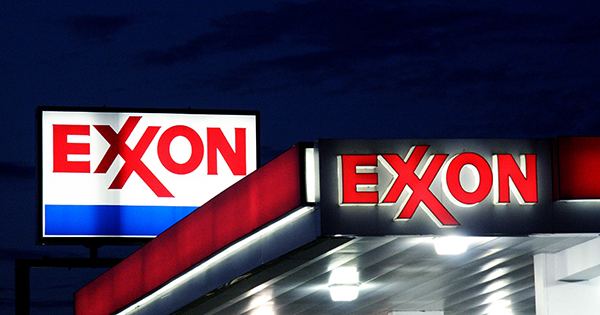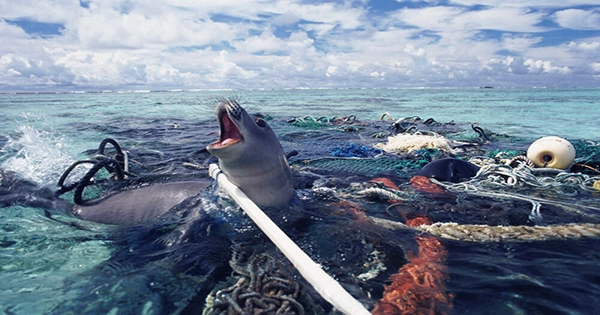Exxon Mobil, the fossil fuel industry’s behemoth, has vowed to reduce net greenhouse gas emissions to zero by 2050, catching up to BP, Shell, and other competitors who have made similar commitments to reduce their carbon footprints. You might be wondering how firms who make billions of dollars selling fossil fuels can produce carbon emissions that are zero. That is an excellent question.
Exxon’s net-zero goals were highlighted in the company’s Advancing Climate Solutions 2022 Progress Report earlier this week. In essence, the plan intends to minimize or offset emissions generated by its oil and gas extraction, processing, and shipping (in Big Oil buzzword terms, this is known as scope 1 and scope 2). However — and this is a big but – the plan excludes emissions resulting from the products they sell (scope 3), which account for the vast bulk of the emissions they cause. In other words, by 2050, the corporation will have achieved net-zero emissions from its own operations. They, however, continue to sell fossil fuels as usual.
“It’s typical of Exxon to make a great show about pledging to go net-zero by 2050 while continuing to expand their climate-wrecking operations around the world,” said May Boeve, Chief Executive of environmental NGO 350.org.. “The term ‘net zero’ is being exploited by the world’s top polluters and governments as a ruse to avoid responsibility, shift obligations, hide climate inaction, and, in some circumstances, even scale up fossil fuel extraction, burning, and emissions,” according to the report. It is no surprise that Exxon has waged a decades-long campaign of skepticism and misinformation, is suddenly claiming to be a part of the answer. We must abandon fossil fuels if we are to combat climate change.”
Others are unimpressed as well. In a statement, Kathy Mulvey, accountability campaign director in the Climate and Energy program of the Union of Concerned Scientists, said, “ExxonMobil’s carbon reduction plan misses the target and is too little, too late.” “This pledge only applies to operational emissions, often known as scope 1 and 2, which account for a small percentage of total global warming emissions linked with a fossil fuel company’s operations.
ExxonMobil is shifting accountability for the majority of its emissions onto consumers who are using its products exactly as the business intended by refusing to make any commitment to reduce emissions from burning oil and gas, known as scope 3.
The burning of fossil fuels such as coal, natural gas, and petroleum causes the majority of greenhouse gas emissions in the United States. Fossil fuel burning for energy accounts for 92 percent of total carbon emissions in the US and 74 percent of all US greenhouse gas emissions, according to the Energy Information Administration. Experts are increasingly suspicious of firms and countries making imprecise “net-zero” pledges and commitments, even if Exxon’s goal is weak. Net-zero emissions do not imply that there are no emissions.
Instead of requiring emissions reductions, it usually entails “offsetting” them by subsidizing renewable energy projects, forest restoration, or carbon capture technology, which is currently difficult to scale up. Since the 1970s and early 1980s, Exxon has known about climate change and the effects of burning fossil fuels, but the business has chosen to bury, deny, and twist the knowledge. Exxon contributed to international climate change denial in the 1990s and 2000s.
One strategy was to employ jargon and buzzwords that climate skeptics still use today, such as “uncertainty,” “simply a hypothesis,” “inconclusive evidence,” and “bias,” to distort the language surrounding climate change. Experts argue it is too little, too late now that it is outlining minor future goals to remedy the harm.
















